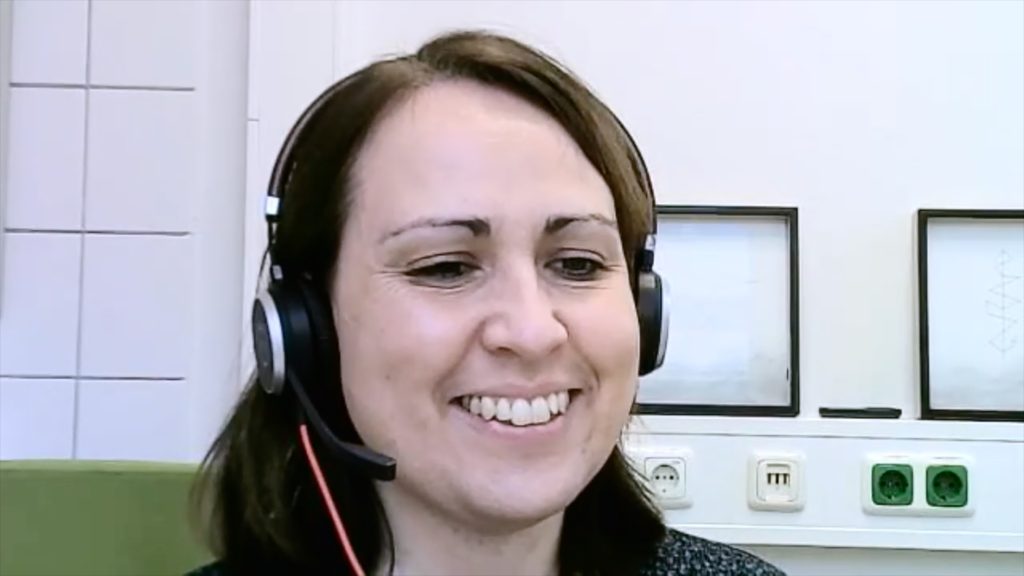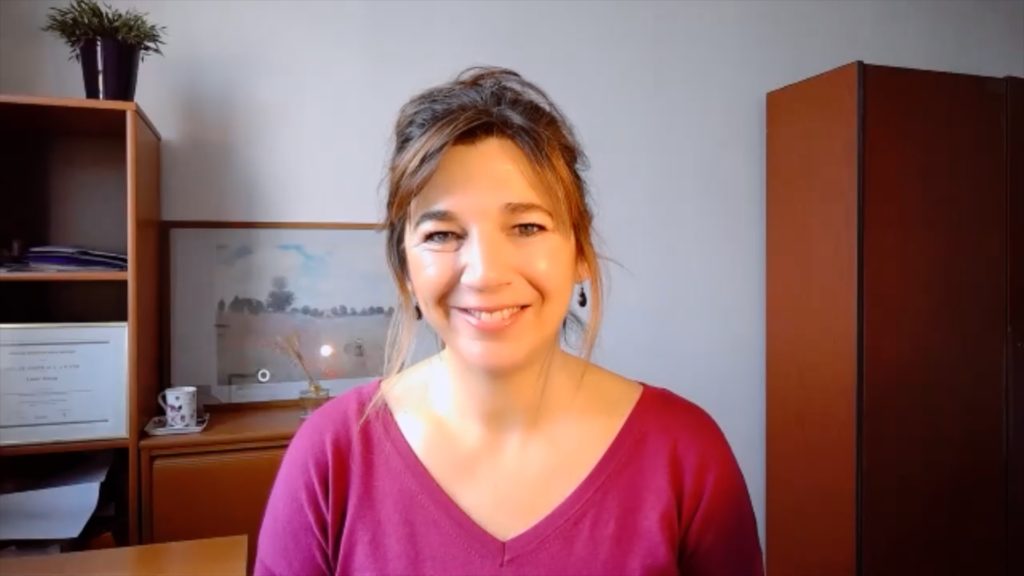 On September 23, 2024, the U.S. Food and Drug Administration (FDA) approved bimekizumab-bkzx (BIMZELX®, UCB) for the treatment of active psoriatic arthritis (PsA), active non-radiographic axial spondyloarthritis (nr-axSpA) with objective signs of inflammation and active ankylosing spondylitis (AS).1 This makes bimekizumab-bkzx the first treatment available in the USA that selectively inhibits both interleukin 17A (IL-17A) and interleukin 17F (IL-17F), two key pro-inflammatory cytokines known to drive inflammation in these immune-mediated conditions.2
On September 23, 2024, the U.S. Food and Drug Administration (FDA) approved bimekizumab-bkzx (BIMZELX®, UCB) for the treatment of active psoriatic arthritis (PsA), active non-radiographic axial spondyloarthritis (nr-axSpA) with objective signs of inflammation and active ankylosing spondylitis (AS).1 This makes bimekizumab-bkzx the first treatment available in the USA that selectively inhibits both interleukin 17A (IL-17A) and interleukin 17F (IL-17F), two key pro-inflammatory cytokines known to drive inflammation in these immune-mediated conditions.2
The approval for PsA was supported by findings from two phase 3 trials, BE OPTIMAL (NCT03895203) and BE COMPLETE (NCT03896581).3,4 In both trials, bimekizumab-bkzx met its primary endpoint of American College of Rheumatology 50 (ACR50) at week 16 compared to placebo, with clinical benefits sustained through week 52 in the open-label extension phases. These positive effects were observed in both biologic-naïve patients and those who had previously shown inadequate responses to TNF inhibitors. Reflecting on the trial results, Dr. Joseph F. Merola, Professor of Dermatology and Rheumatology at Harvard Medical School, remarked, “The consistent clinical response in both biologic-naïve patients and those with inadequate responses to TNF inhibitors underscores bimekizumab-bkzx as an important new option for adults with PsA.”
Similarly, the approval for nr-axSpA and AS was based on data from the BE MOBILE 1 (NCT03928704) and BE MOBILE 2 (NCT03928743) phase 3 trials. In these studies, bimekizumab-bkzx significantly improved signs and symptoms by week 16, achieving the primary endpoint of Assessment of SpondyloArthritis international Society 40 (ASAS40) response compared to placebo. These improvements were sustained through week 52,5,6 with consistent results seen in both TNF inhibitor-naïve patients and those with inadequate responses to TNF inhibitors. Commenting on these findings, Dr. Atul Deodhar, Professor of Medicine at Oregon Health & Science University, stated, “In the phase 3 studies, patients treated with bimekizumab-bkzx showed improvements in signs and symptoms that lasted for up to a year. The U.S. rheumatology community welcomes this approval as it provides a much-needed treatment option for patients across the full spectrum of axial spondyloarthritis.“
References
- UCB Announces U.S. FDA Approvals for BIMZELX® (bimekizumab-bkzx) for the Treatment of Psoriatic Arthritis, Non-Radiographic Axial Spondyloarthritis, and Ankylosing Spondylitis. Press Release. UCB. Sep 23, 2024
- Pappu R, Ramirez-Carrozzi V, Sambandam A. The interleukin-17 cytokine family: critical players in host defence and inflammatory diseases. Immunology. 2011 Sep;134(1):8-16. doi: 10.1111/j.1365-2567.2011.03465.x.
- McInnes IB, Asahina A, Coates LC, et al. Bimekizumab in patients with psoriatic arthritis, naïve to biologic treatment: a randomised, double-blind, placebo-controlled, phase 3 trial (BE OPTIMAL). Lancet. 2023;401(10370):25–37.
- Merola JF, Landewé R, McInnes IB, et al. Bimekizumab in patients with active psoriatic arthritis and previous inadequate response or intolerance to tumour necrosis factor-α inhibitors: a randomised, double-blind, placebo-controlled, phase 3 trial (BE COMPLETE). Lancet. 2023;401(10370):38–48.
- Ritchlin CT, Coates LC, McInnes IB, et al. Bimekizumab treatment in biologic DMARD-naïve patients with active psoriatic arthritis: 52-week efficacy and safety results from the phase III, randomised, placebo-controlled, active reference BE OPTIMAL study. Ann Rheum Dis. 2023;82:1404–14.
- Coates LC, Landewé R, McInnes IB, et al. Bimekizumab treatment in patients with active psoriatic arthritis and prior inadequate response to tumour necrosis factor inhibitors: 52-week safety and efficacy from the phase III BE COMPLETE study and its open-label extension BE VITAL. RMD Open. 2024;10:e003855.
More content in the area can be viewed here
Disclosure: This article was created by the touchIMMUNOLOGY team utilizing AI as an editorial tool (ChatGPT (GPT-4o) [Large language model]. https://chat.openai.com/chat.) The content was developed and edited by human editors. No funding was received in the publication of this article.













